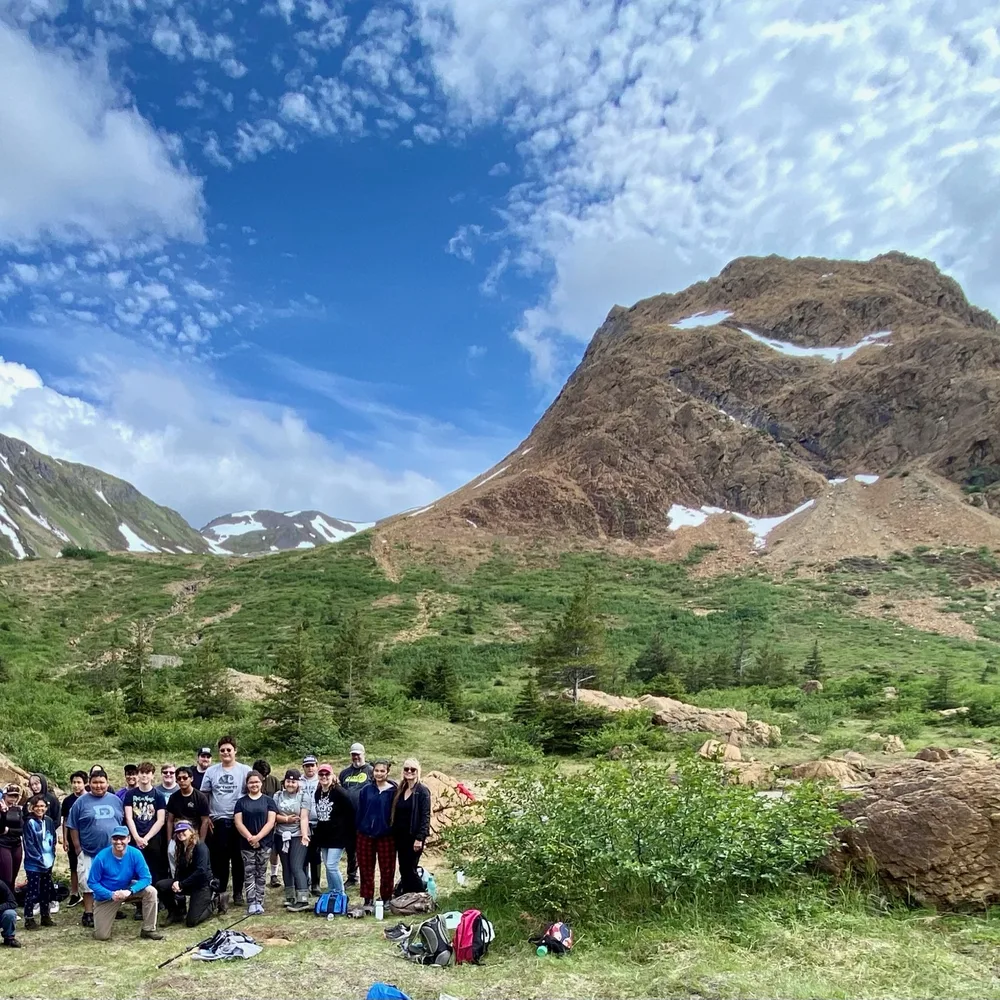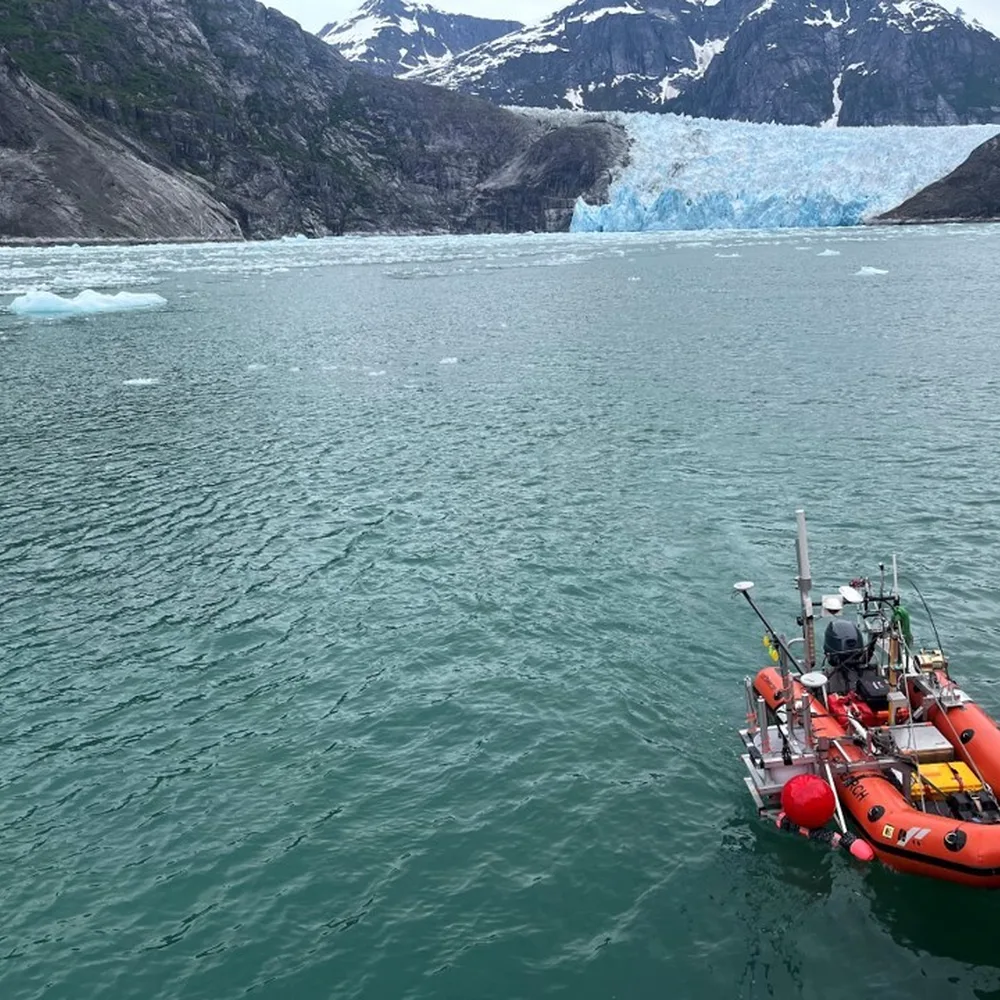In June, we were pleased to sit down with Dr. Kimberly Thornbury, Senior Director of Nonprofit Leadership & Development at the Murdock Trust, for a conversation about this area of the Trust’s work. This was one of seven sessions for our virtual Founder’s Day celebration where we got to hear about the Trust’s work across our region, learn more about recent organizational shifts, and hear from leadership.
Because we were not able to address all audience questions live, we also wanted to follow up and respond to those we missed in the Q&A section below.
Q&As
These were questions registrants submitted before the session, or that attendees submitted during the session, that we didn’t have time to answer live. We appreciate your curiosity and were pleased to follow up with Kimberly to answer some of these questions.
Can you talk about the role of intermediary orgs with this funding? They support the field, so will Murdock be supporting these orgs who are executing what you’re talking about?
We are grateful to partner with capacity-building nonprofit organizations, including the five state nonprofit associations of our region. Nonprofits involved in capacity-building training and development are welcome to review our eligibility guidelines and consider approaching the Trust for support.
We recently conducted a Nonprofit Capacity Survey in collaboration with the five state nonprofit associations which directly engaged nonprofits to assess their strengths and needs. We are thankful for the nonprofits and others in our region that provide training and development in these areas.
What is the process to be considered as a consultant to support non-profit leadership development?
We are currently staffed for our 2025 programming and are not actively recruiting new faculty or coaches. We always appreciate hearing from nonprofits that have had a positive experience with a consultant; however, we cannot field direct calls from vendors or consultants at this time.
Has the Trust considered providing training around succession planning?
Succession planning was identified as a top need in our recent five-state capacity-building survey. While the Trust is not currently offering a cohort on succession planning, we encourage organizations to connect with their state nonprofit association for recommendations on excellent training options or consultants.
How can I become involved with these cohorts and when do they meet? I was honored to attend a Murdock conference in the past and would love to continue growing through these programs.
The best way to stay connected is to sign up for our newsletter and follow us on social media, where we announce programming opportunities as they are open for applications. The schedule for cohort meetings varies by program, and we share these details once they are confirmed. For a list of current Murdock programs, please visit here.
How are you thinking about which programming you offer, knowing that you are also partnering with nonprofit support organizations to also offer programming?
I love this question, because it addresses a key element of effective nonprofit support: understanding our role within the larger ecosystem. Since the Murdock Trust serves a five-state region, we focus on high-priority areas common to all nonprofits – such as strong leadership, robust boards, and solid fund development plans – while recognizing that we cannot address the unique nuances of every community.
The nonprofit support associations across our region offer incredible events and programming addressing some of the more specific opportunities they see locally: sessions ranging from succession planning for rural nonprofits to state-specific conferences. We are always working to strengthen our partnerships with these nonprofit support organizations and nonprofit capacity-building organizations to maximize our collective impact on nonprofits.
Watch the full recording and find the topics that interest you most using the timestamps below.
The Conversation
00:57: Why we invest in nonprofit leaders
04:44: How education fits into the ethos of the Trust
07:27: Leadership development
08:57: Board development
11:15: Fundraising
12:47: Benefits of the sectoral model
16:48: Hybrid vs. in-person programming
18:12: New challenges facing leaders
20:38: Investing in future leaders
22:07: Grants in the NLD sector
23:02: Closing thoughts






